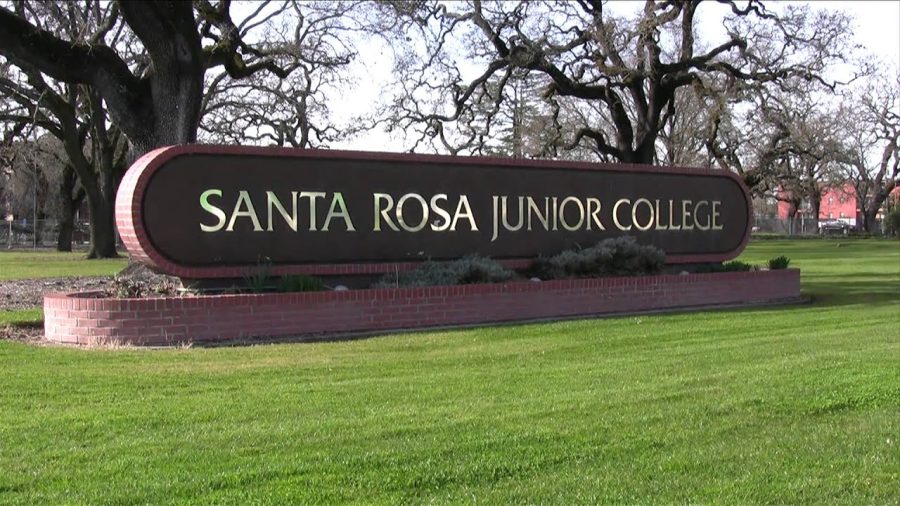Santa Rosa Junior College Academic Senate members discussed their concerns with the college’s strategic action plan and the elimination of remedial courses during their meeting April 16.
SRJC introduced its strategic action plan in Fall 2023 with objectives in academic quality, student success and support, community response, and campus climate and culture. The plan aims to provide students with events, services, and programs to support basic needs and educational goals while reducing student success gaps.
Emily Schmidt, humanities & religious studies instructor, expressed concerns about the college’s strategic action plan and its representation of faculty input.
“The relationships that faculty and students build in smaller classes facilitate the inspiration and support that our students need to complete their personal academic goals,” Schmidt said.
Schmidt voiced disagreements with the college’s strategic action plan regarding smaller class sizes. She said that faculty experts within her focus groups repeatedly emphasized that decreasing class sizes would help improve academic quality, yet their recommendations were disregarded.
She added that small class sizes allow for more individualized feedback, one-on-one meetings and extra time for each student to speak and ask questions in their courses.
Philosophy instructor Sarah Whylly said that many items deemed critical by faculty focus groups were excluded or misrepresented within the plan. She acknowledged the efforts behind the development of the strategic action plan but believes that thoughtful revisions are needed to better reflect faculty concerns and representation.
“Ignoring faculty input on matters of faculty expertise in purview is disrespectful to faculty and does an incredible disservice to our students,” Schmidt said.
Michael Van der Porten, a SRJC alumnus and business instructor, mentioned concerns about the negative impacts students may face due to the elimination of remedial math and English courses under Assembly Bill 1705. Remedial courses are non-transfer courses that aim to provide students with foundational skills in subjects like math and English to prepare them for transfer-level coursework.
He argued that placing students directly into transfer-level courses without any remedial courses could lead to students struggling with coursework, becoming discouraged and dropping courses.
“Does it matter what percent of students succeed, or does it matter how many students we succeed with?” Van der Porten said.




